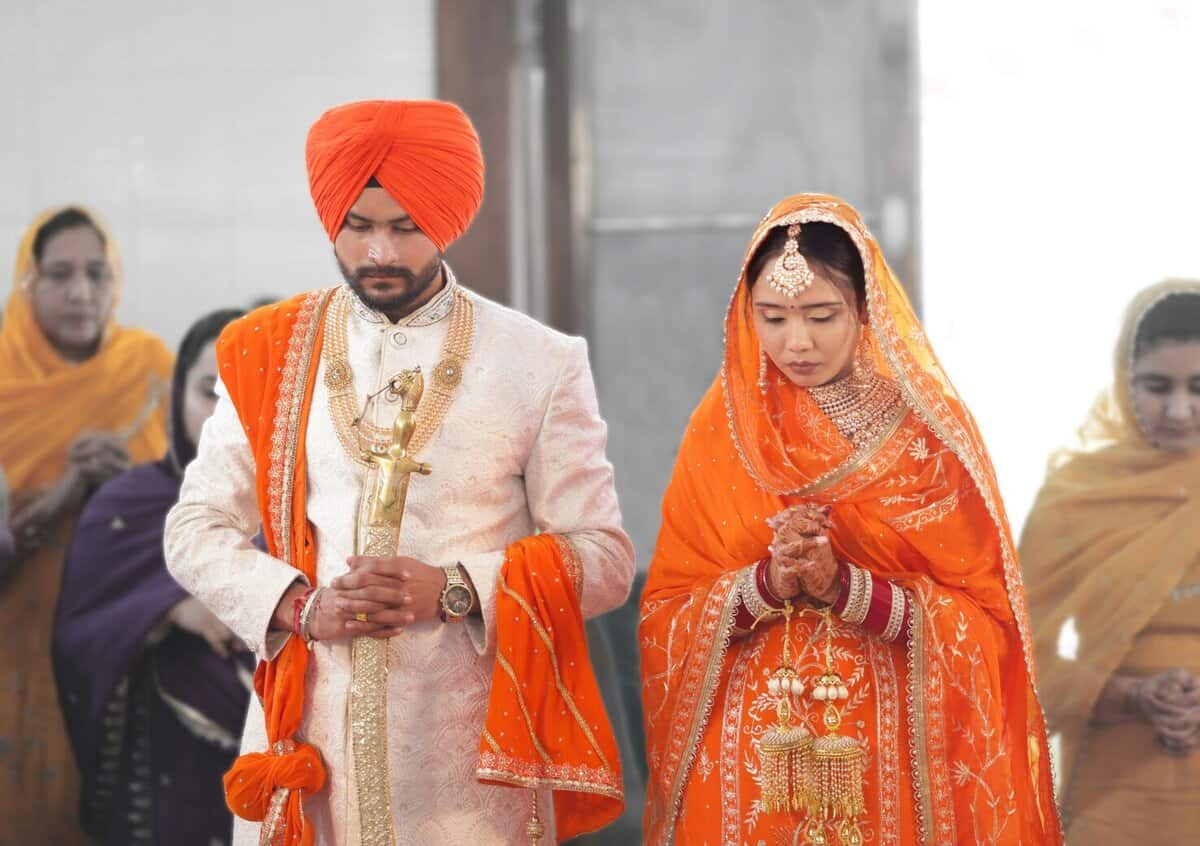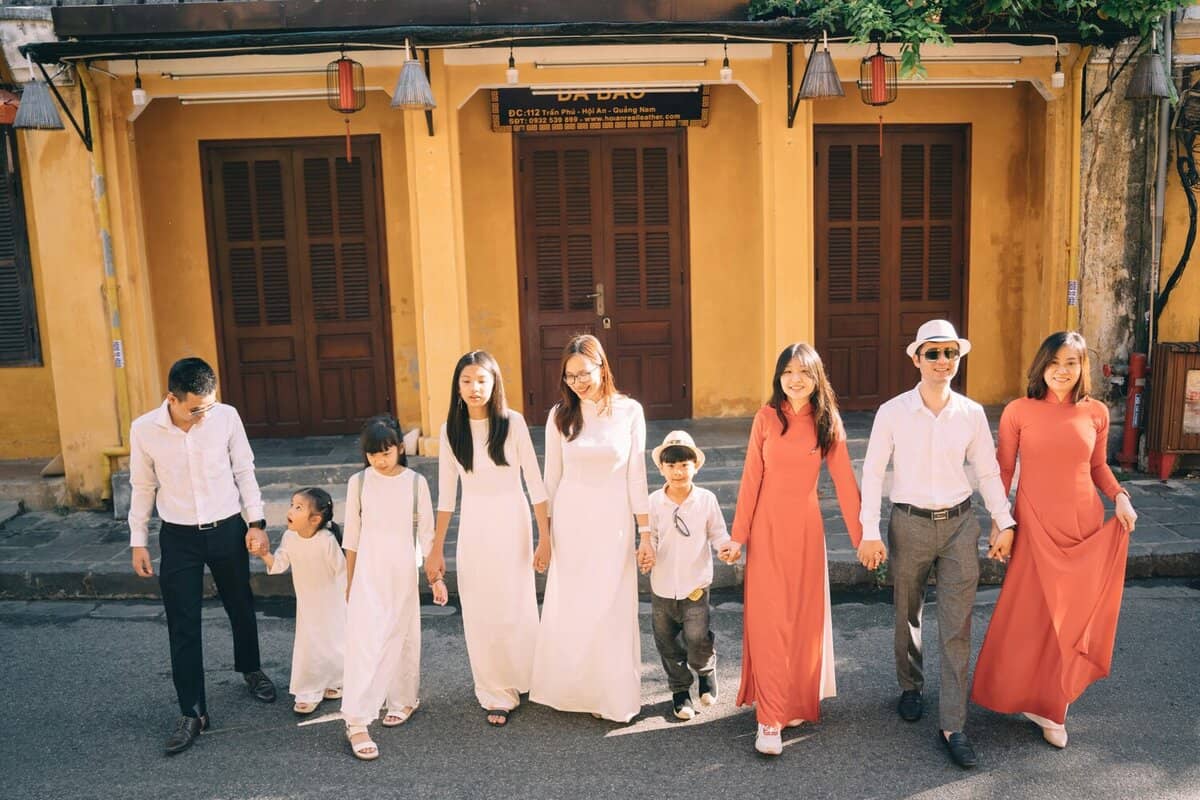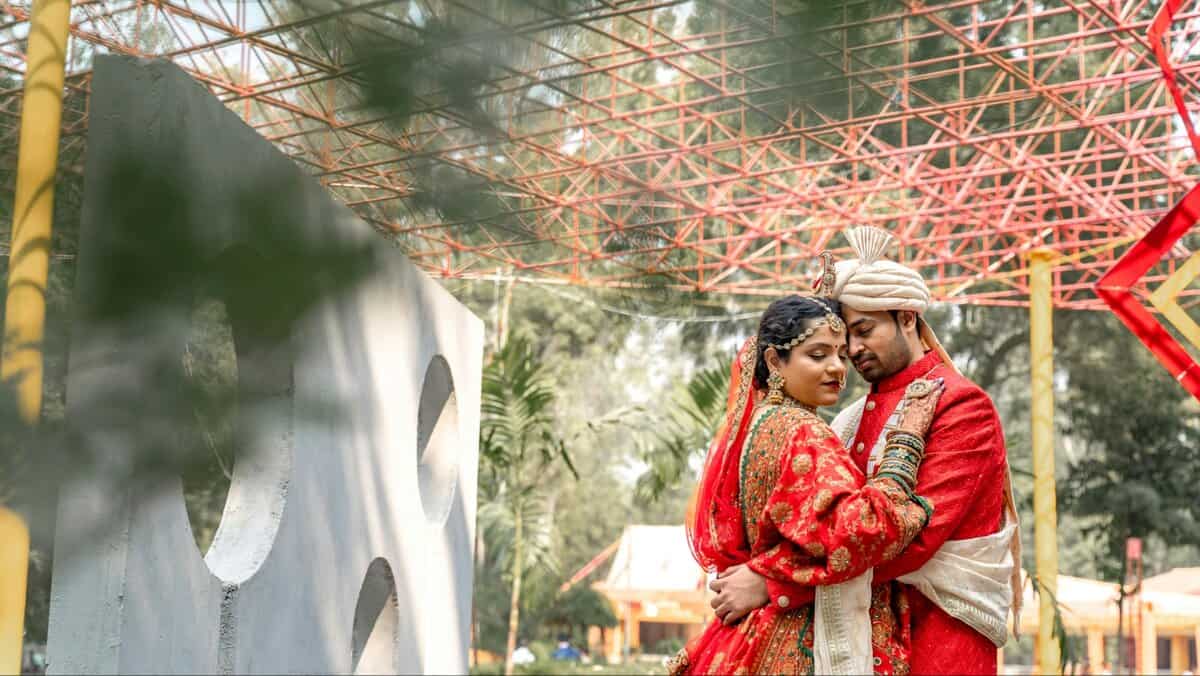In many parts of the world, like India, Korea, and parts of the Middle East, arranged marriages are still a thing.
Though they might not be the status quo, they are considered normal, or even a wise choice.
But in the West, the idea of your parents deciding who you marry sounds medieval! We’ve fought for centuries for the freedom to choose our partners.
The concept of marrying someone you barely know, just because your family said so, feels kind of troubling.
It’s a stark contrast to our values of independence and personal choice.
So, do arranged marriages actually have any merits that we can appreciate in the West?
1. History and Tradition
Arranged marriages have deep roots in history because they served social, economic, e political purposes.
Families wanted to secure alliances, preserve wealth, or strengthen social standing. Love, as we know it today, wasn’t a priority.
Invece, cooperation and stability mattered more.
However, this tradition clashes with the Western ideal of romantic love, which is considered to be the foundation for a good marriage.
We still care about finances and stability, but love is an integral part of any modern marriage.
2. Pros of Arranged Marriages
One argument people often make in favor of arranged marriages is that they can lead to stable, long-lasting relationships.
Because parents or matchmakers choose partners based on compatibility, values, e background, couples might start on a solid footing.
Sometimes, these marriages are built on mutual respect and shared goals, and some cultures consider attraction and romance to be fleeting compared to that.
For people who struggle to be social or have trouble in the dating market, a contract marriage might offer a chance at companionship and family.
These unions aren’t always coerced; often, there’s a process of getting to know each other gradually. In some cases, people even fall in love over time.
So, yes, they can sometimes work if the circumstances are right.
3. The Western Perspective
In Western societies, individual freedom and romantic love are non-negotiable.
People believe they should marry the person they love, and not the one their parents choose for them.
This idea is rooted in centuries of struggle for personal liberty and equality. Feminism, in particular, emphasizes the importance of women having the right to choose their partners.
The notion of playing house with someone you barely know, or having children out of obligation rather than love, sounds depressing and unfulfilling to many.
We see marriage as a partnership based on emotional connection, attraction, trust, and mutual respect.
This makes arranged marriages very incompatible with our values.
4. How We View Family Involvement
In many Western families, parents are involved in our lives, but they don’t make decisions for us past a certain age.
Who we marry is seen as our personal choice – something we’re responsible for, not our parents.
We value our independence and believe we should get to choose partners who align with our values and dreams.
However, in cultures where arranged marriages are common, family involvement is often much deeper.
Parents might have a say in who their children marry, sometimes even forcing their preferences.
This difference in family dynamics creates a fundamental divide in how marriage is perceived.
To many Westerners, the idea of a marriage decided solely by family feels like a loss of autonomy.
5. Cultural Clash
Arranged marriages clash with Western individualism and our emphasis on love and choice.
When true emotional bond and mutual attraction are absent from a marriage, we cannot imagine having real intimacy and connection.
The social pressure to conform can be overwhelming in more traditional societies, especially for young people trying to forge their own path.
In the West, we’re proud of the fact that we’ve eliminated that sort of social pressure. It’s only still present in hyper-religious communities.
So, the lack of personal agency and emotional closeness makes arranged marriages less likely to succeed anywhere in the West.
6. Living Without Love
Marrying someone you don’t know very well, without love being a priority, can be emotivamente drenante.
It may start with practicality, but over time, the absence of genuine affection can lead to loneliness, or even resentment.
Love is often what sustains a marriage during tough periods. Without it, couples might drift apart or feel trapped.
Many Westerners see marriage as a union that should be emotionally and spiritually enriching.
When that’s missing, the marriage can feel empty.
Arranged marriage with someone you don’t love seems like a setup for heartbreak in the long run.
7. Different Views on Social Expectations
Western societies have a looser, more individualistic approach to family. While parents might give advice, they don’t necessarily make decisions.
We’re encouraged to find our own happiness and success.
In contrast, many cultures that practice arranged marriages see family honor and social expectations as paramount.
Marrying within the community or the family’s choice is often about maintaining tradition and social stability.
These differing perspectives create a fundamental clash. What’s seen as caring and responsible in one culture can feel restrictive or oppressive in another.
8. Can Arranged Marriages Be Successful?
So, can an arranged marriage ever succeed in the modern West?
Well, it’s complicated. On an individual level, if a couple finds a genuine connection over time, it could.
But the risks are high – the lack of initial attraction, emotional disconnect, or cultural pressures can undermine the relationship.
For many, marriage is a leap of faith rooted in love, not pressure.
Without mutual affection, marriages tend to lack the emotional foundation needed for long-term happiness in Western societies.
9. Tradition vs. Modern Values
Ultimately, the success of arranged marriages depends heavily on cultural context, individual personalities, and societal values.
In the West, our history of fighting for personal freedom and love as the basis of marriage makes contract marriages seem outdated e anche oppressive.
While they can work in certain circumstances, they often clash with core ideals of independence and emotional fulfillment.
Whether these marriages can truly work in our society is still up for debate, but one thing’s clear: they’re fundamentally at odds with the values we’ve fought so hard to establish.
A little Aquarius, devoted to writing and embroidery. Through my writing, I hope to empower readers to align with their true selves and navigate life’s mysteries with confidence.










